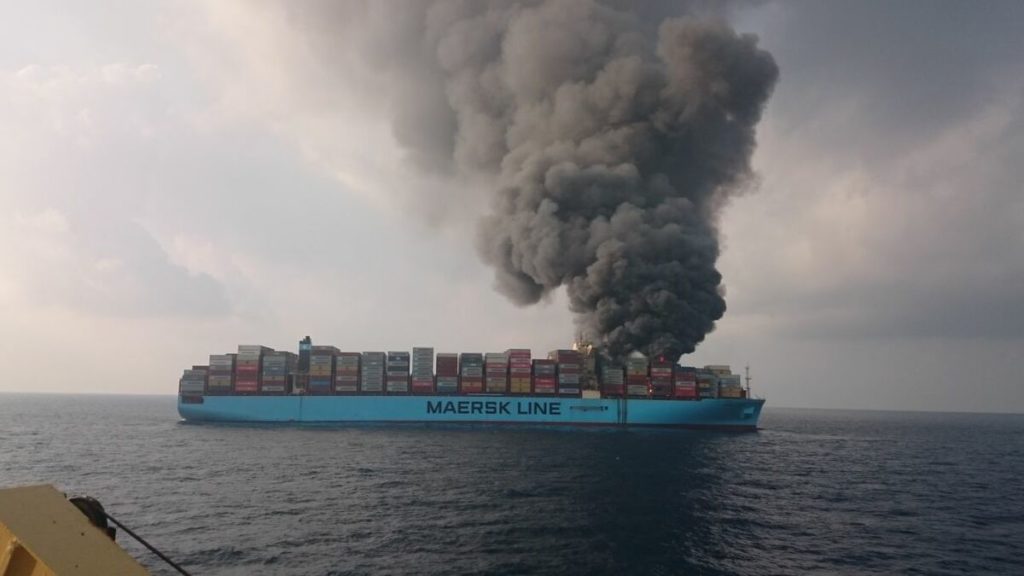Salvors save 2.3M tonnes of pollution

Emergency towage tugs and salvage companies saved 214 vessels from danger and prevented pollution worldwide, according to Riviera.
Shipping has improved its safety record with fewer ship groundings and vessels in peril, but the industry should not become complacent in its need for salvors.
Less ships are encountering issues during voyages and dockings, causing less pollution and placing fewer lives at risk. These trends are underlined by the latest data from the International Salvage Union (ISU) on the volume of potential pollution saved from the environment through swift emergency response in 2019.
ISU members serviced 214 vessels in 2019, down from 224 in 2018 and 252 ships in 2017. This represents a 15% fall in salvage services in two years but is similar to the number of vessels assisted (216) in 2016.
ISU actions prevented 2.3M tonnes of potential pollutants from 214 ships from entering the environment in 2019. This was a 32% reduction in potential pollutants, from 3.4M tonnes in 2017, and down from 3.2M tonnes in 2018. It is also lower than 2.7M tonnes in 2016, according to Riviera.
This data comes from the results of the ISU’s Annual Pollution Prevention Survey for operations in 2019.
ISU highlighted that fewer crude tankers encountered trouble in 2019 compared with 2018 as part of the reason for reduced potential pollution in 2019. One or two very large crude carrier cases can have a significant impact on the overall numbers. Crude oil pollution prevention through salvage operations in 2019 was 400,000 tonnes, compared to 978,000 tonnes in 2018.
ISU president Richard Janssen says the lower pollution risk is good for shipping but warns against complacency as there will always be risk and calls on salvor services.
“ISU members deliver services that save life and property but, as the results of this survey show so clearly, our members’ operations also protect the environment from great harm,” says Mr Janssen.
“The numbers, when compared with other years, also show the variability of our industry,” he comments.
In 2019, around 43%, or 961,061 tonnes of potential pollution was classed as bulk polluting/hazardous cargo, up from 743,100 tonnes in 2018, and down from 1.4M tonnes in 2017.
This category includes products such as grains, coal, scrap steel, soya and cement. Several bulk cargoes are not included as potential pollutants. ISU members also provided services to bulkers carrying 229,731 tonnes of non-hazardous dry bulk, mainly metal ores, in 2019, down from 497,973 tonnes in 2018.
The volume of refined oil product cargoes that were saved from polluting fell in 2019 to 278,046 tonnes compared with 324,988 tonnes in 2018.
“We are always transparent with these numbers,” says Mr Janssen. “We know not all of these potential pollutants were at risk of going into the sea.”
Some cases will have had limited danger, but, “many others will have carried a real risk of substantial environmental damage,” Mr Janssen explains.
Noting the growing importance of pollution prevention in salvage operations, he says: “Attitudes to the natural world have changed dramatically in recent years and the environment is now at the centre of political and business decision making.
“It is essential there continues to be global provision of expert salvage services to respond to maritime emergencies. In most cases, it is only the professional salvors, members of the ISU, who have the experience and equipment to make those interventions and prevent environmental catastrophes.”
Read the full article online.










